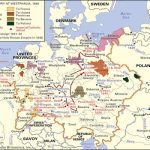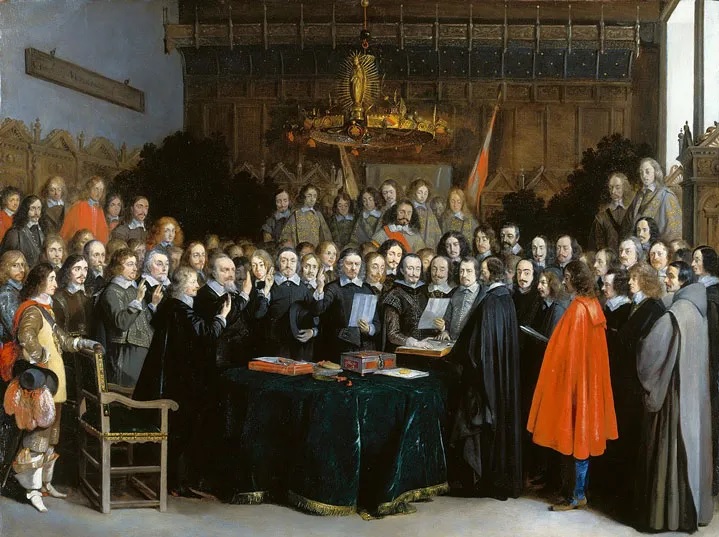
The negotiations that led to the signing of the Treaty of Westphalia took place in the German city of Munster and the nearby city of Osnabruck. The treaties were signed by representatives of the Holy Roman Emperor, the various German princes, and the major European powers of the time, including France and Spain.
One of the key provisions of the Treaty of Westphalia was the principle of territorial sovereignty, which recognized the right of states to govern themselves without interference from other states or external powers. This principle laid the foundation for the modern system of nation-states and is still an important tenet of international law today.
Another important provision of the Treaty of Westphalia was the recognition of religious pluralism, which granted tolerance to different religious beliefs and practices within a given state. This marked a significant departure from the previous practice of imposing a single state religion on all citizens, and it helped to pave the way for the development of modern concepts of religious freedom.
The Treaty of Westphalia also had important implications for the balance of power in Europe. By recognizing the independence of the various German principalities and weakening the power of the Holy Roman Empire, the treaties paved the way for the emergence of strong, centralized nation-states in Europe.
In conclusion, the Treaty of Westphalia was a landmark event in European history that had far-reaching consequences for the development of international relations and the political and religious landscape of the continent. Its principles of territorial sovereignty and religious pluralism continue to shape the modern world, and its legacy can still be felt in the way that states interact with one another today



















Add Comment